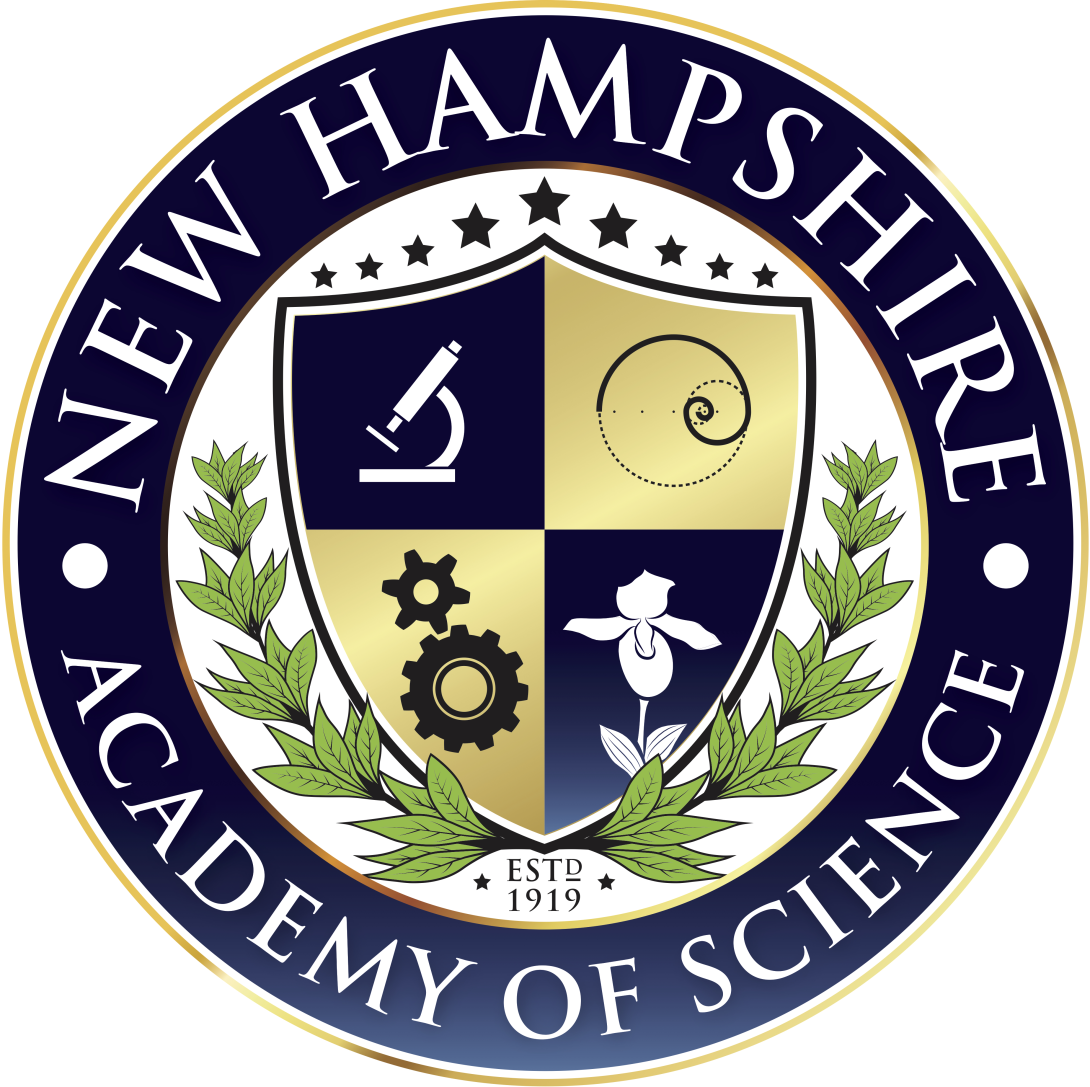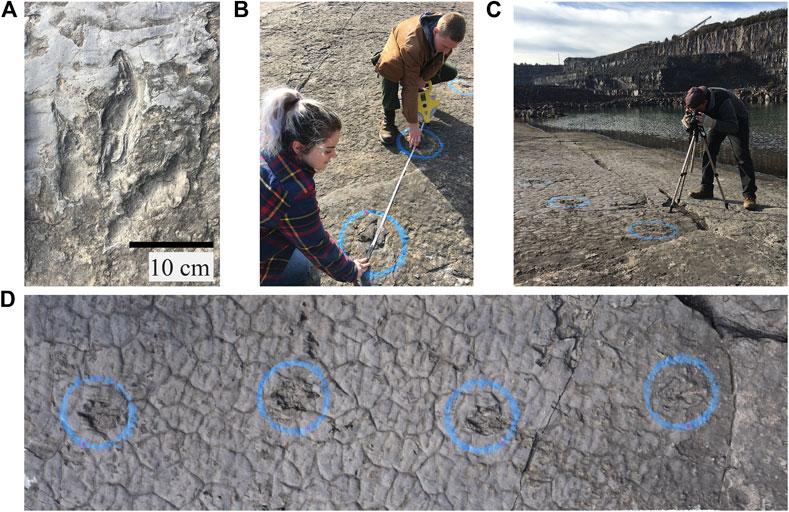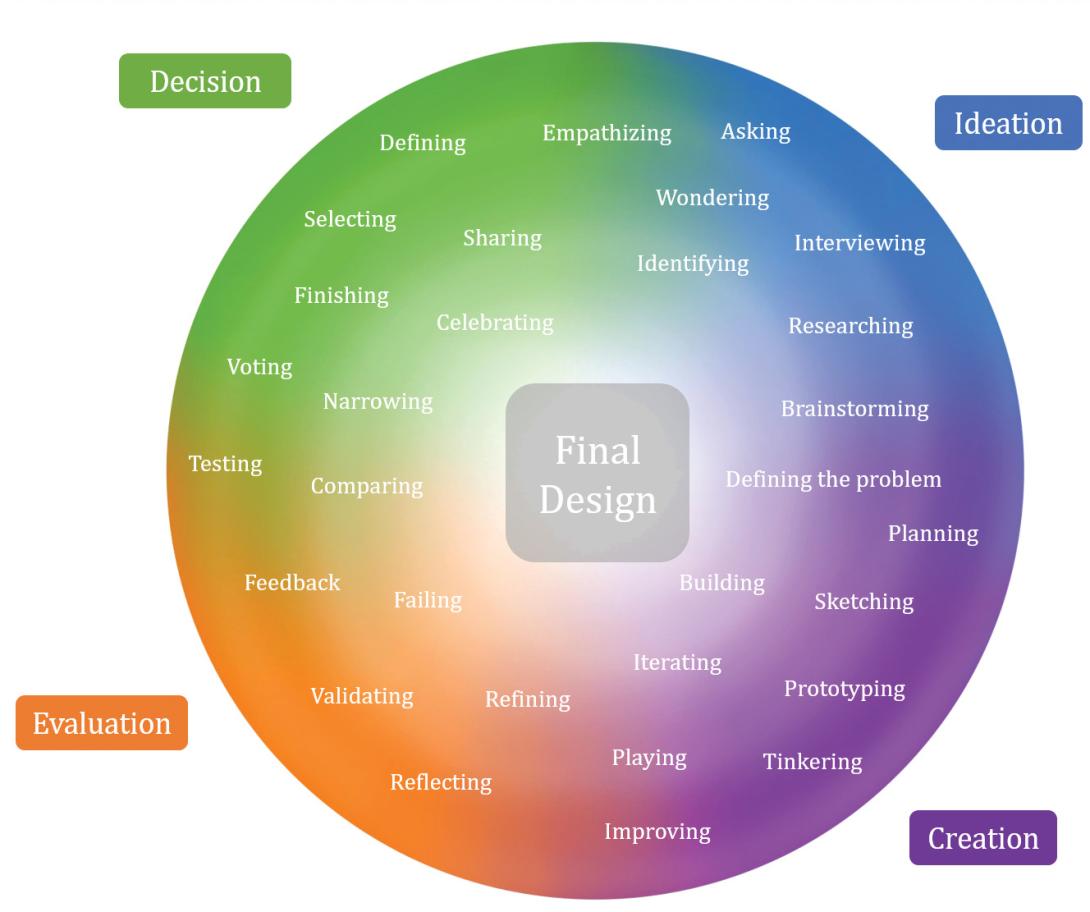Accessible Playground Design: A Community-Connected Elementary Engineering Unit Focused on Designing Accessible Playground Equipment
PublicationIn the ConnecTions in the Making project, researchers and district partners work to develop and study community-connected, integrated science and engineering curriculum units that support diverse elementary students’ science and engineering ideas, practices, and attitudes. In the community-connected units, students in the third, fourth, and fifth grades use human-centered design strategies to prototype and share functional solutions to a design challenge rooted in the students’ local community while scientifically exploring the phenomena and mechanisms related to the challenge. One of the


